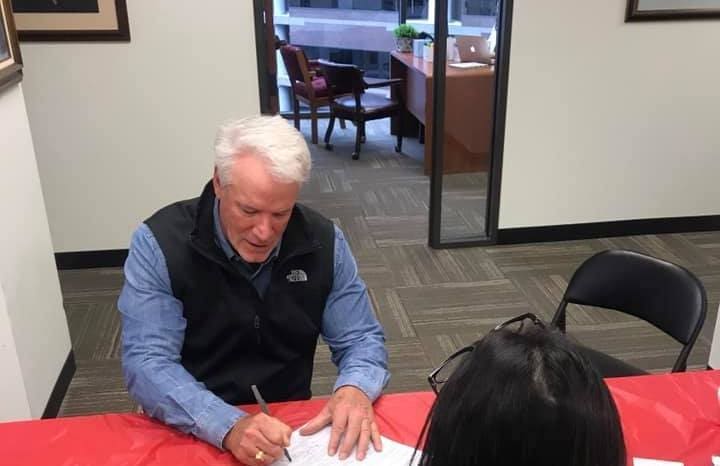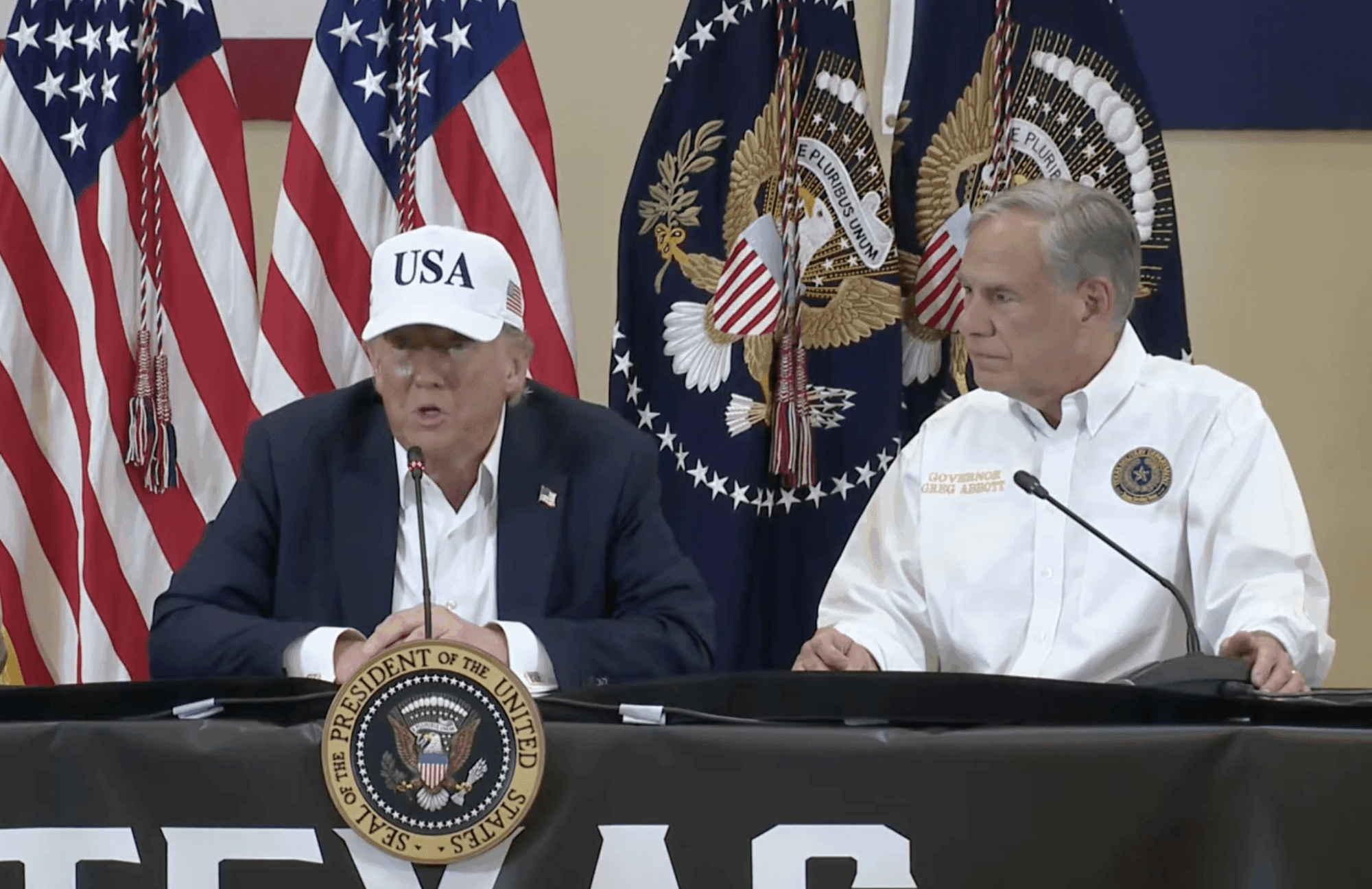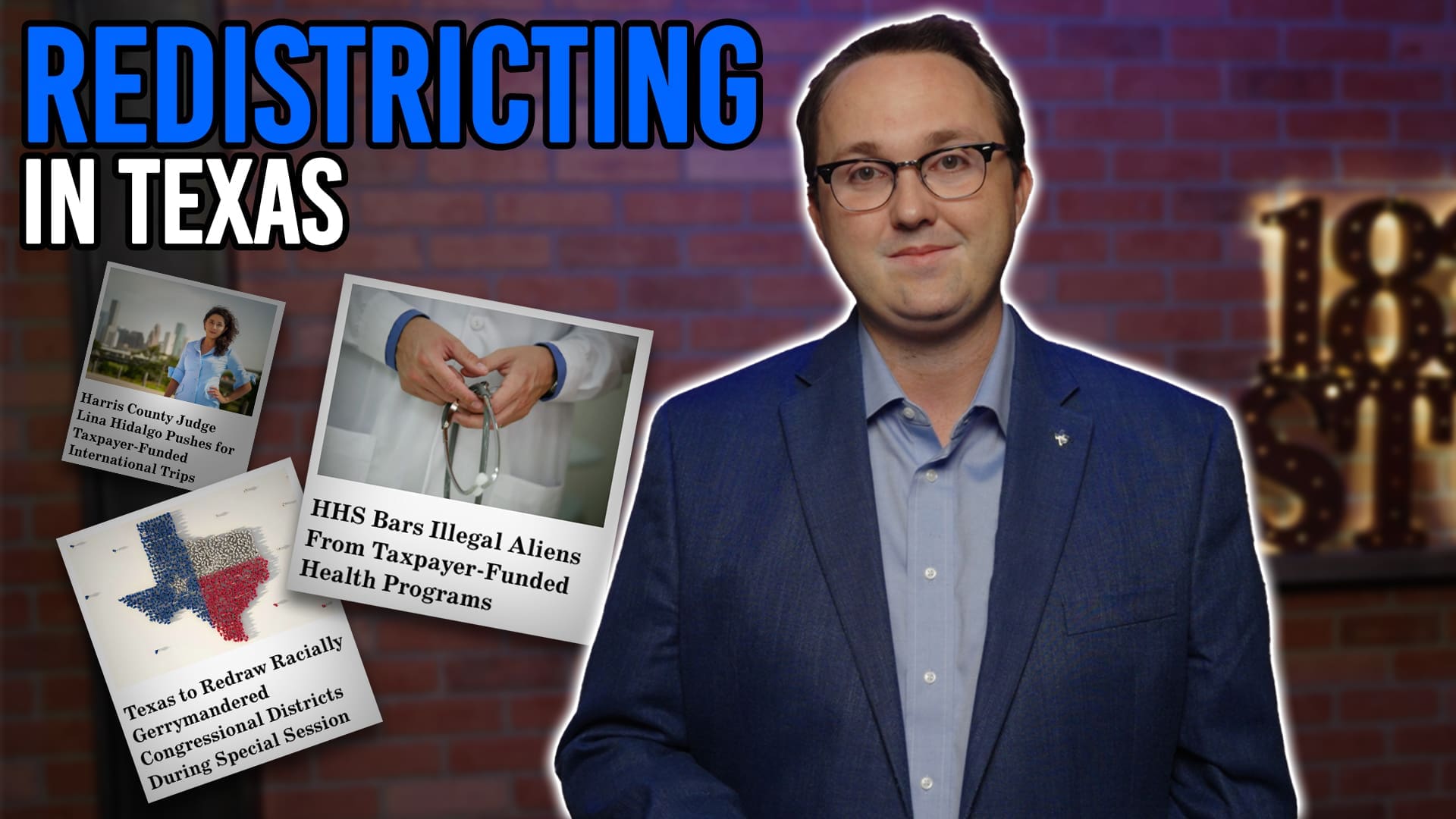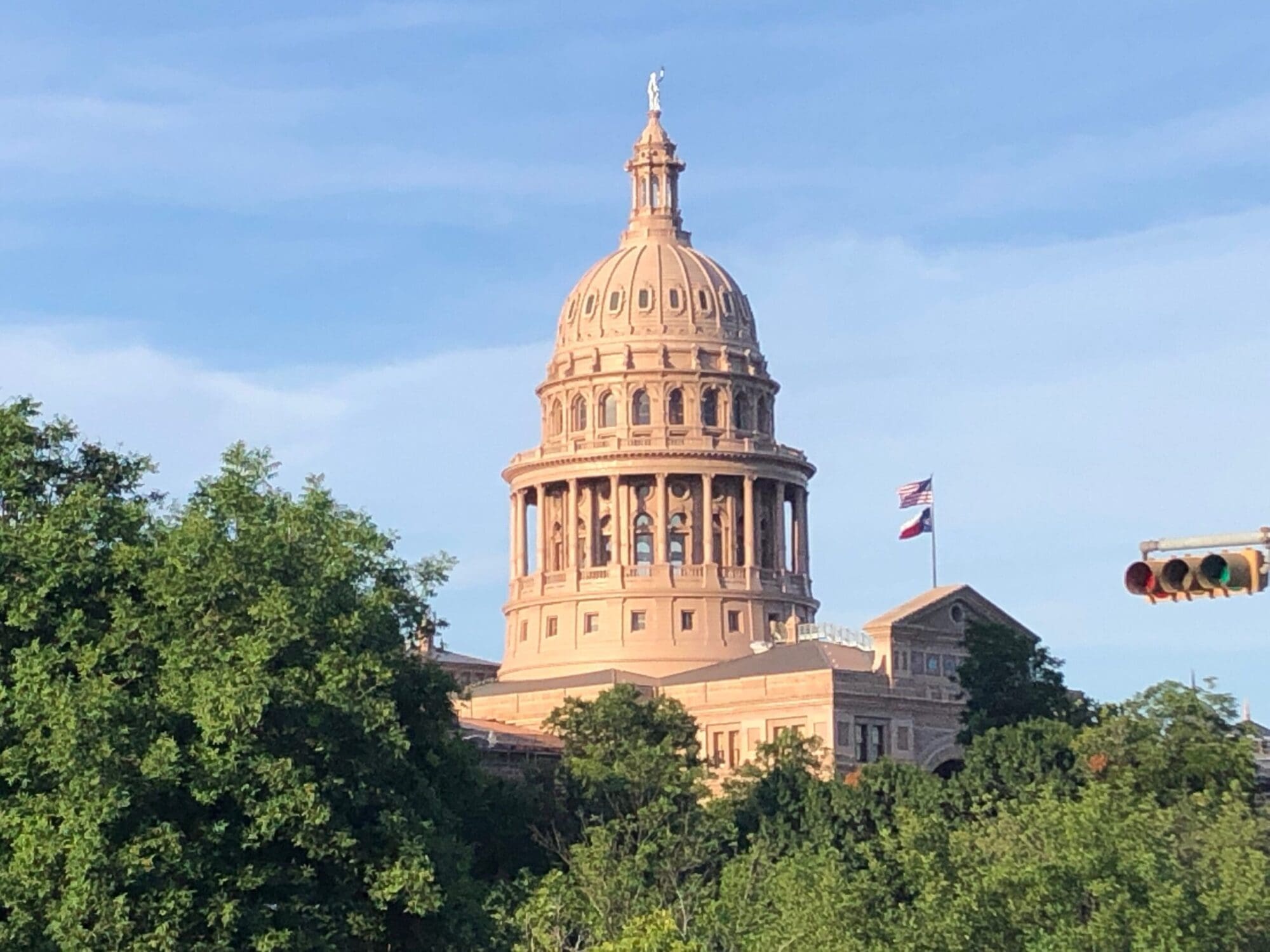In an op-ed this week, State Rep. Lyle Larson (R–San Antonio) advocated for the expansion of Medicaid in the Lone Star State.
Writing in the San Antonio Express-News, Larson declared that “refusing to expand Medicaid is a bad business decision for Texas.”
“We have an opportunity this legislative session to fix this,” he added.
Larson argues the move would allow Texas to tap into federal funds, citing a study by Texas A&M’s Bush School of Government that estimated expanding Medicaid would insure more than 1 million Texans and bring $5.4 billion into the state.
“We must change the future in healthcare this session for the same future generations,” Larson concluded.
But some argue there are unintended costs to Medicaid expansion.
“Government programs run on public money. Even when Washington D.C. offers to cover the cost, there can still be a price to pay,” wrote Texas Public Policy Foundation’s James Quintero.
Quintero cited an example of Texas’ neighbor, New Mexico.
“A few years ago, New Mexico expanded its Medicaid program with the expectation it would receive as much as $3 billion from the federal government. However, more people than expected signed up, resulting in a total cost of $3.4 billion. Faced with that $417 million shortfall, New Mexico policymakers had to lower reimbursement rates and make some patients pay new costs.”
Regardless, it seems unlikely that Gov. Greg Abbott, who has already faced criticism from the right for his response to the COVID-19 pandemic, would expand the program.
“He doesn’t want to be a governor that expands Medicaid,” Republican strategist Matt Mackowiak told the Houston Chronicle.
In the past, Larson has received heavy scrutiny from his fellow Republicans. In 2018, Gov. Abbott endorsed the state representative’s primary opponent and referred to the incumbent as “Liberal Lyle.”
To the chagrin of many grassroots activists, Gov. Abbott changed his tune and endorsed Larson a year later.
Last month, in the midst of a virus that prevented many citizens from traveling, Larson attended a lobbyist-sponsored conference in Hawaii.
Larson doesn’t appear to shy away from his reputation as a moderate. Last summer, Larson penned an op-ed calling for an end to the two-party system and suggested a centrist “Texas Independent Party.” In response, State Rep. Dustin Burrows (R–Lubbock) challenged Larson to “put [his] money where [his] mouth is” and register as an Independent.
As of publishing, Larson has not changed his party affiliation.





